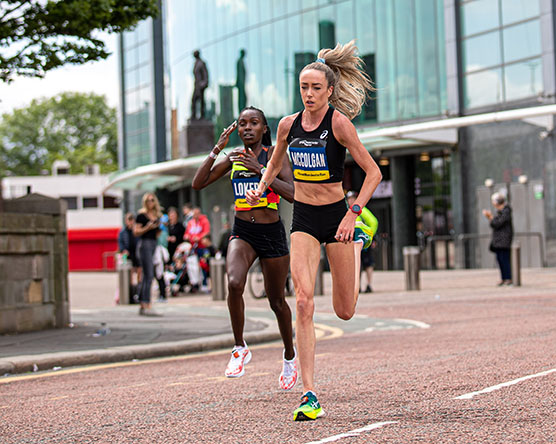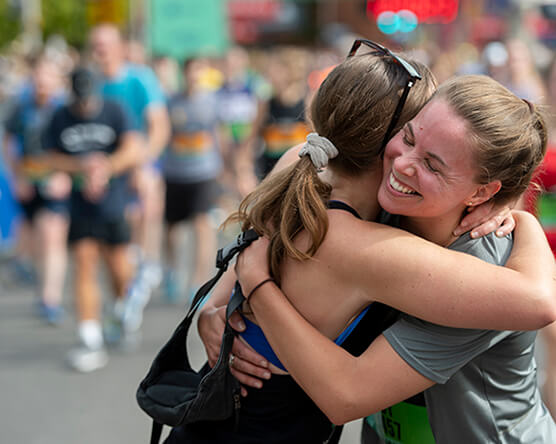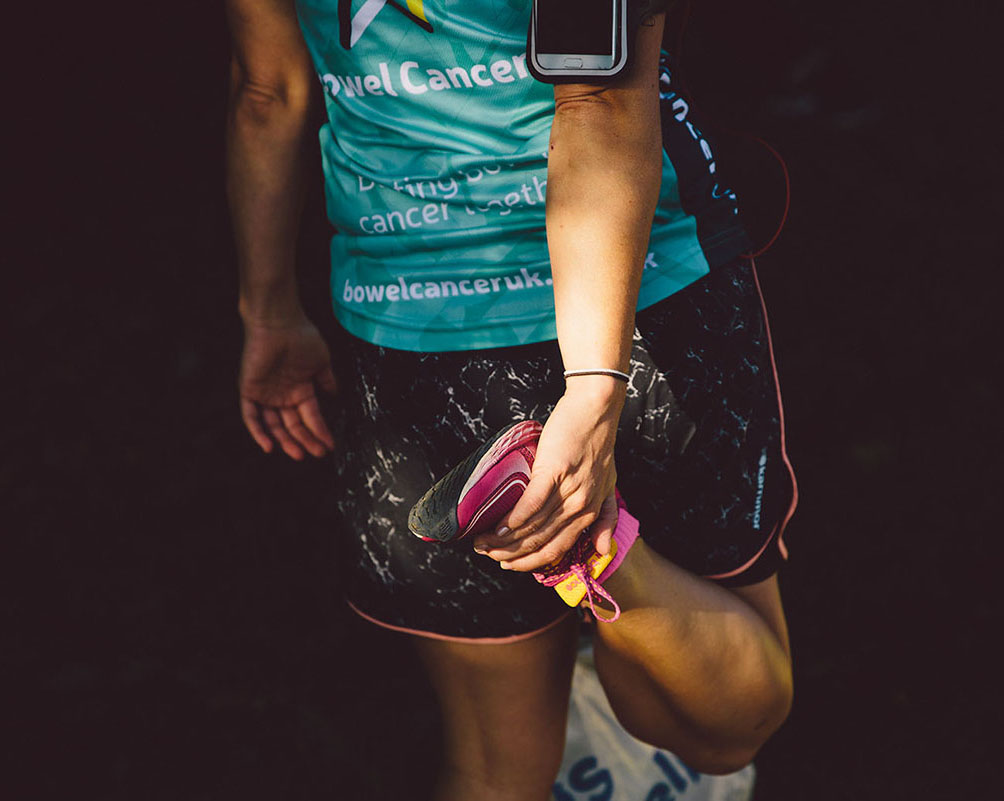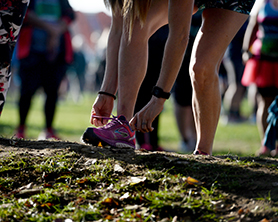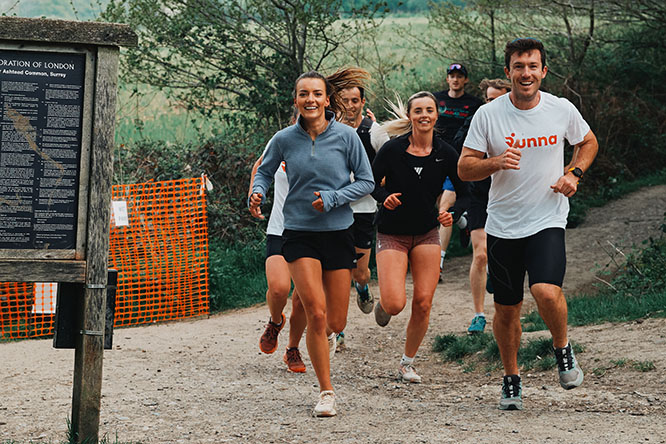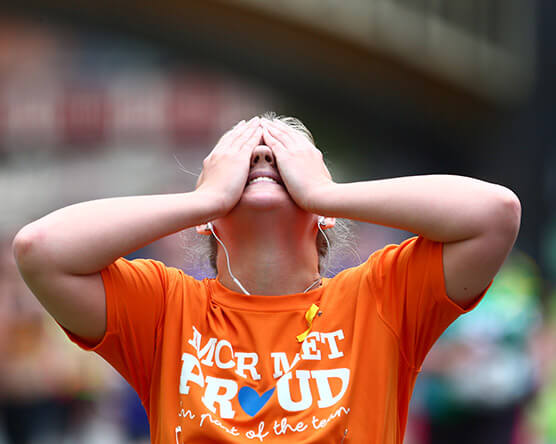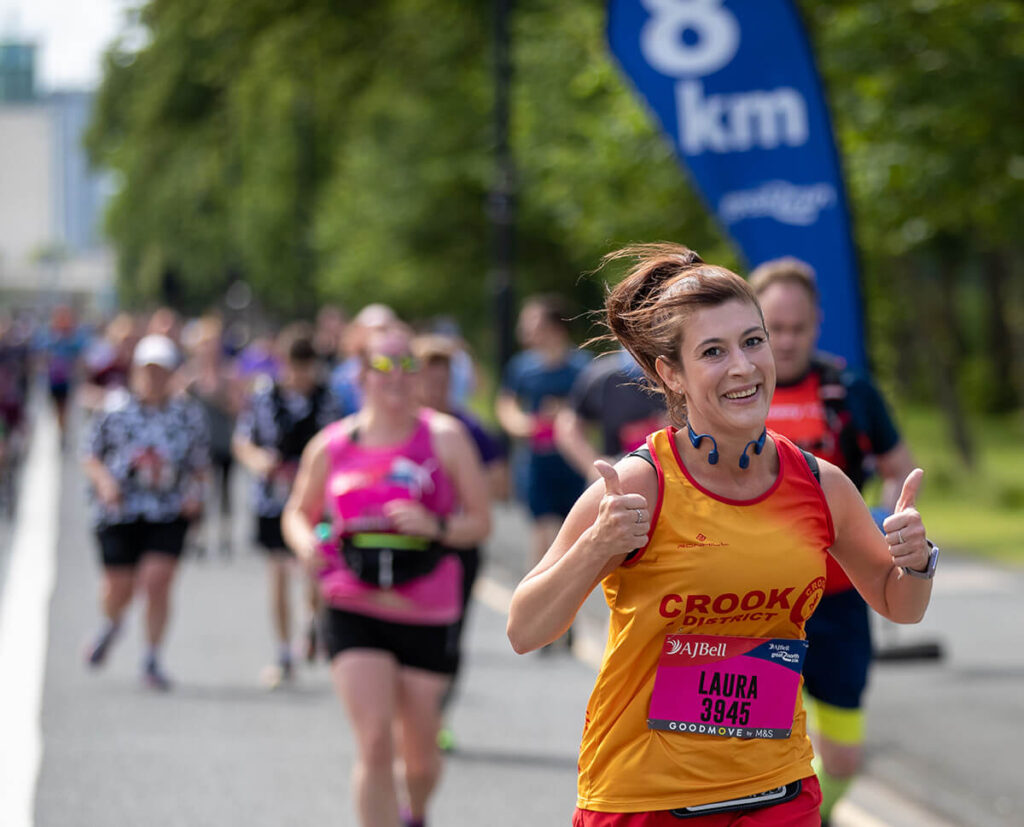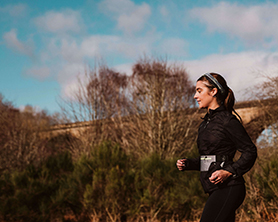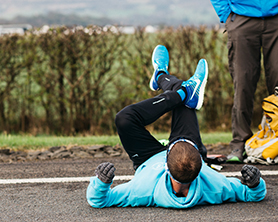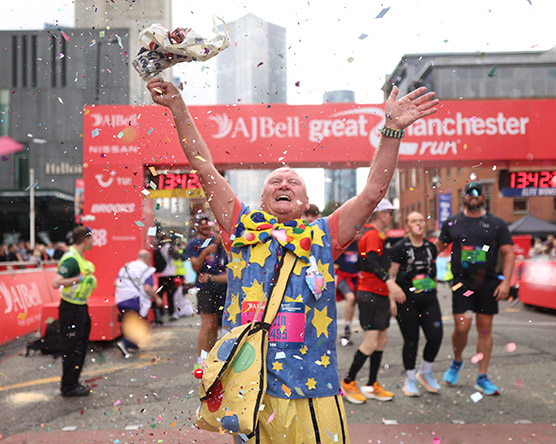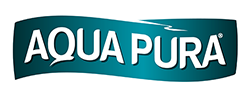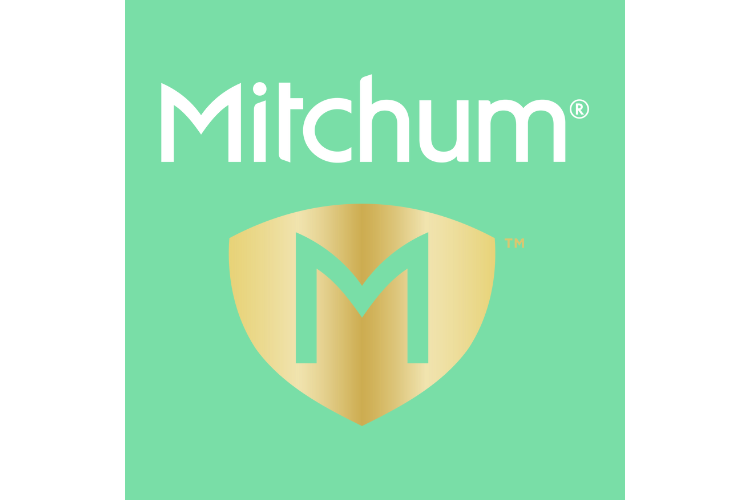Our bodies are made up of 70% water. Water is nearly three quarters of who we are. If done correctly, staying hydrated not only contributes to your best performance on race day, but also maximises all the hard work you’ve put in beforehand too.
When and what to drink?
The question of what to drink and when can preoccupy the thoughts of many a distance runner, and it can be baffling to decipher the mixed messages of sports drink manufacturers (who insist we should consume more fluids) and sports scientists (who often encourage us to drink less). So if you’re confused – don’t worry!
Firstly, it’s important to emphasise that there are no set rules for everyone to follow. What works for one runner may not work for you. Everybody is different, some people sweat more, some people lose more salt in their sweat than others. Individual factors such as age, size and sex as well as external factors including temperature, humidity, and activity levels also dictate how much fluid our bodies need each day.
For instance, in the 1970 Commonwealth Games marathon, Ron Hill completed the race in 2:09:28 whilst drinking nothing throughout!
However, dehydration is something to be very wary of, particularly in the hot weather. Common symptoms of dehydration are headaches, feeling tired, and struggling to concentrate. Dehydration also can lead to cramps and slower reaction time. It’s something every runner should try and avoid! Recognise the warning signals. Don’t run through heat cramps. Stop if you feel faint, weak, dizzy or confused. Rest, get into the shade and drink a sports drink.
On the other hand, there is also the risk of over-hydration (hyponatremia). This is when you drink too much and the salts in your body become too diluted. The result is confusion, disorientation and vomiting. To avoid this, try to drink only when you are thirsty and avoid gulping large volumes of water.
Here are some of our top hydration tips for before, during and after your Great Run…
Before
The week before your run make sure you are staying hydrated. The British Nutrition Foundation recommends that children and adults should drink 6-8 glasses of fluid per day. Fruit like watermelon, blueberries, oranges, and mango are also great for hydration. For your training runs try to drink a glass of water an hour before your run.
24 hours before your run try to avoid drinking any alcohol as this can be dehydrating. If you aren’t a coffee drinker, don’t try out caffeine on the morning of a run as this can be dehydrating too. To see if you are hydrated, check the colour of your urine. A pale straw-like colour implies hydration but the darker the urine the less hydrated you are.
During
You lose a lot of water as you sweat, so it’s extremely important to replace the fluid and salt that you lose. There will be drink stations on the course, so make sure familiarise yourself with their location, and remember to only take a drink if you need one.
In hot weather try to stick to shady routes (as much as possible) and ensure you are wearing sweat proof sunscreen and appropriate clothing. Lightweight clothing made out of high tech material that wicks sweat away from the skin and keeps you comfortable is a much better option than cotton that can cling to the skin. For runs over 60minutes sports drinks are advisory too – especially in hot weather conditions.
After
Rehydration after a long run is essential. You will find a bottle of water in the goody bags at the end of your Great Run. Whilst a celebratory drink is well-deserved, make sure you do drink water beforehand too.
Your body will have lost a lot of salt through sweat, so make sure to eat something salty after your run. Anything like snacking on salted peanuts or marmite on toast is a good idea. Also, milk is a good natural sports recovery drink. It contains electrolytes for rehydration, protein for muscle repair and growth and carbohydrates to replenish glycogen stores.
Hopefully our guide has answered some of your concerns about hydration. So there’s nothing left to do but hydrate and enjoy your run!



